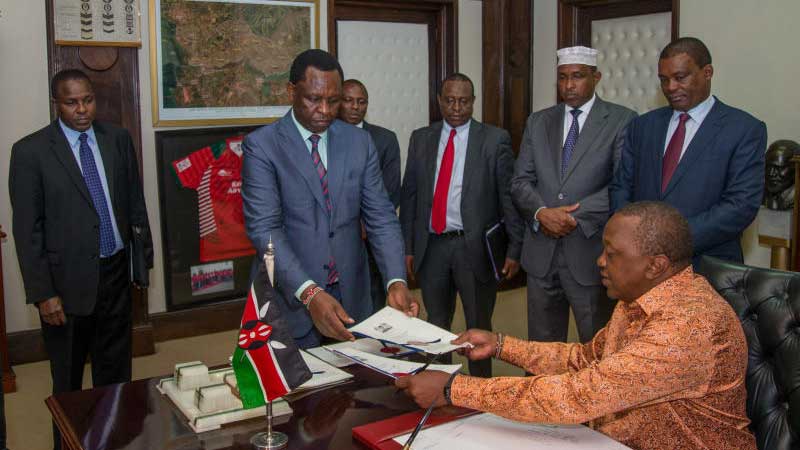×
The Standard e-Paper
Smart Minds Choose Us

President Uhuru Kenyatta has given Sh21 billion to jump-start his affordable housing dream.
Among the first projects is the construction of 1,640 homes along Park Road in Nairobi, where the housing shortage is most severe.